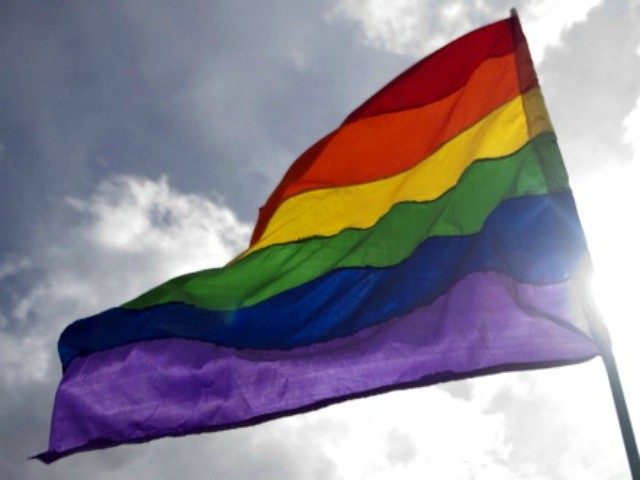The anti-free speech Southern Poverty Law Center (SPLC) and two LGBT associations have filed a formal complaint with the Federal Trade Commission in an effort to silence groups wishing to assist people trying to overcome same-sex attraction.
The LGBT bullies have specifically targeted People Can Change (PCC), an organization serving clients who seek help in dealing with their same-sex attractions. The Human Rights Campaign (an LGBT civil rights advocacy group) and the National Center for Lesbian Rights joined the SPLC in trying to eliminate therapy for unhappy gay people.
Walt Heyer, a reformed transsexual, has written a scathing exposé on the filing in the conservative journal Public Discourse, arguing that the case demonstrates a visceral hatred not only toward reparative therapies “but also toward people who don’t want to act on their same-sex attractions, and want to minimize or perhaps even change them.”
Heyer notes that the SPLC was emboldened after winning in a comparable case against Jews Offering New Alternatives for Healing (JONAH), and are now attacking People Can Change, hoping to achieve a similar result.
The SPLC has a history of attempting to gag those who disagree with anyone opposed to its vision of society.
Two months ago, the Law Center was called to task for endeavoring to silence Frank Gaffney, the founder and president of the Center for Security Policy, for speaking out about the threat posed by radical Islam.
Though the SPLC used to be a legitimate civil rights organization, Gaffney noted, it has since evolved into a militant left wing organization targeting pro-freedom groups.
“It seems as though the Southern Poverty Law Center is now mostly about trying to suppress freedom of speech by people like us and others they disagree with politically,” he stated.
In 2014 the FBI disassociated itself from the SPLC, which had begun labeling as hate groups a series of Christian groups that opposed same-sex marriage or contended that homosexuality is not inborn.
The 2016 complaint against reparative therapy for gays seeks that PCC be barred from publicizing the firsthand testimonies of those who have benefited from therapy to deal with or overcome their same-sex attraction.
The signers urge the FTC to investigate the group under Section 5 of the Federal Trade Commission Act, which prohibits unfair and deceptive acts and practices.
In his essay, Heyer states that in this move, the LGBT lobby seeks to stop “any therapy that proves people can change when it comes to sexual attractions,” since it would undermine their contention that same-sex attraction is genetic and irreversible.
Heyer claims that the reason for the deep animus motivating this action stems from a fear that opposing evidence will destroy central tenets of the LGBT movement, which is why they resort to curbing free speech.
Despite the claims of SPLC that conversion therapy “is a harmful scam based on junk science,” Heyer notes that numerous real-life cases would suggest the opposite.
The testimonies of “numerous same-sex attracted and transgender people like myself who live out our new, changed lives are the evidence that invalidates the LGBT narrative of ‘born that way.’ Restored lives are living proof that change is possible,” Heyer writes.
“If conversion therapy didn’t work, it would die away naturally,” Heyer notes. Yet just as no one seeks to outlaw Freudian psychoanalysis despite numerous studies questioning its effectiveness, why would any open-minded person try to outlaw a therapy that has given comfort to so many unless a darker agenda were in play?
The founder of PCC is himself “a man who had personally experienced enormous transformation from unwanted homosexual attractions,” yet LGBT are desperate to silence his story and hundreds others like it.
In their filing, the SPLC employs deceit and subterfuge to convince the FTC to silence groups assisting unhappy gay men and women. It states, for instance, that the therapies are “abusive and harmful to children” without mentioning that the programs at PCC has a minimum age requirement of 18, and that the average age of men seen by PCC is 36.
In his compelling essay, Heyer insists that outlawing therapies that help some people with same-sex attractions or gender-identity conflicts is fundamentally unjust. “The civil liberty of individuals to choose therapies should be protected and preserved, not crushed by lawyers,” he notes.
“The law should not prevent access to therapy that may save lives just because LGBT supporters want to silence the individuals who chose an alternative path,” he writes.
Follow Thomas D. Williams on Twitter Follow @tdwilliamsrome

COMMENTS
Please let us know if you're having issues with commenting.